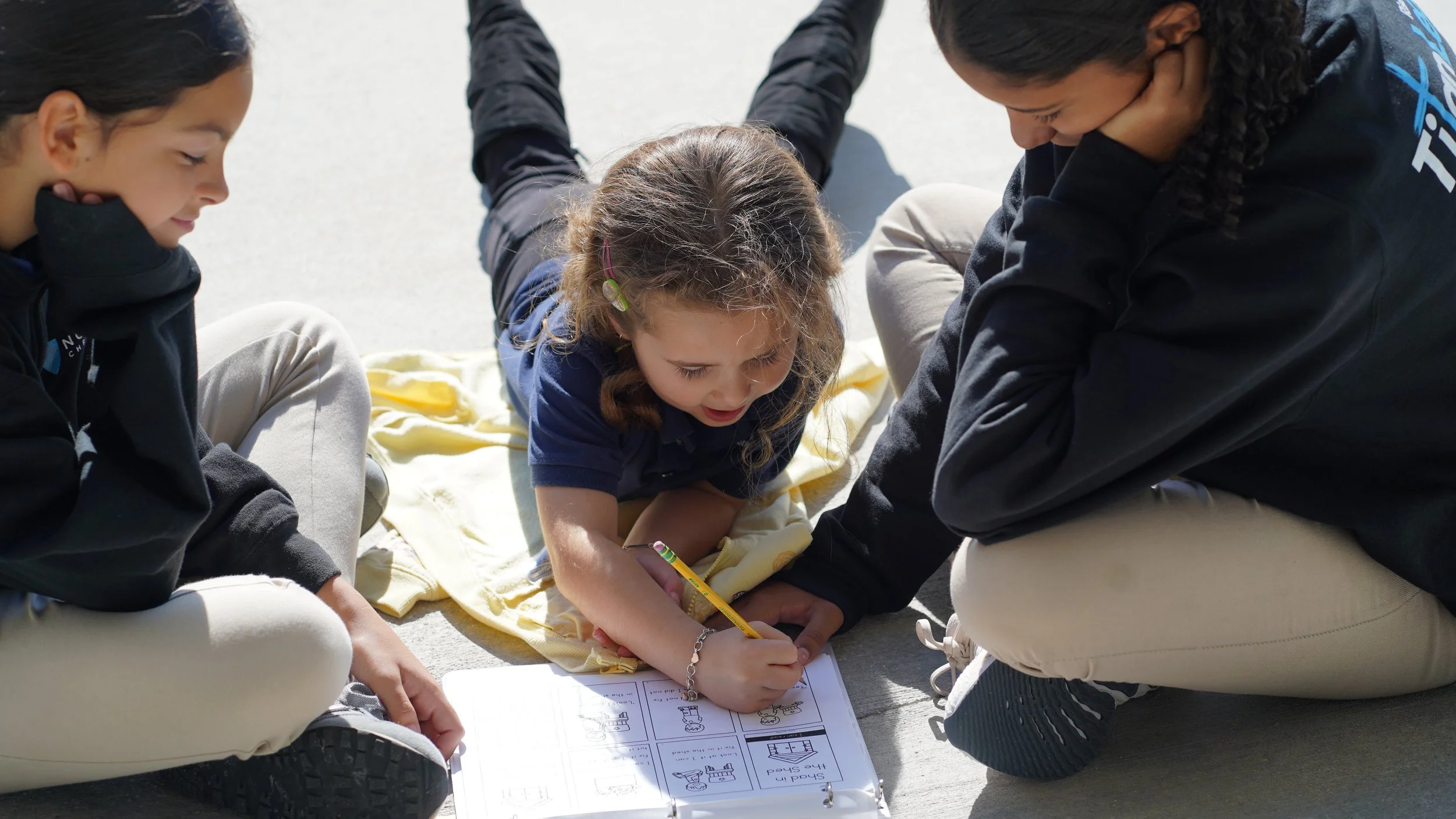While children are generally inquisitive and curious by nature, putting their heads down and focusing on academic success does not always come naturally. More often than not, they need their parents’ guidance, especially in subjects they don’t find relatable. Read on for some ways you can set your child up for success in any academic subject.
Foster a Positive Attitude Toward Learning
The term “academic success” is often associated with perfect grades and aced tests. However, there’s more to it than that. For a child to succeed in academics, they need to enjoy learning. Show your child how you continue learning every day, even if you’ve been away from school for a long time. When children see that learning means being curious about the world, a love of learning can come much more naturally. This extends to their school performance. Praise them for their effort and perseverance in school, not just for getting good grades.
Establish Effective Study Habits and Routines
Classroom habits are important, but how a child learns at home makes even more of a difference in how they view their education. Set a regular homework schedule, ensuring study and homework time is broken down into manageable chunks. Create a distraction-free environment for studying so your child can make the most of their study time. As your child’s classes become more advanced, help them set realistic academic goals.
Communicate and Collaborate with Teachers
One important way to help your child succeed is by being part of their educational experience. Attend parent-teacher conferences whenever possible so you can stay in touch with your child’s teachers. This will help paint a clearer picture of how your child is doing in school. If your child is struggling, schedule regular check-in emails. Stay updated on classroom activities and school events so you always know what your child is learning and how you can support them.
Provide Resources and Extra Help as Needed
In a perfect world, children would understand every academic concept the first time it’s introduced. However, this is not always the case. Sometimes, children need extra support. Identify when tutoring or counseling is needed, and empower your child by scheduling sessions for them. Help them understand that they haven’t done anything wrong and that you’re helping them get over this hurdle so they can strengthen their skills.
At North Tampa Christian Academy, we know that learning starts at home, and we encourage parents to be involved in their child’s education. Students at our Tampa private school thrive creatively, academically and spiritually in a project-based learning environment. Faculty and families work together to inspire leadership through Christian innovation. Contact us today to learn more.





